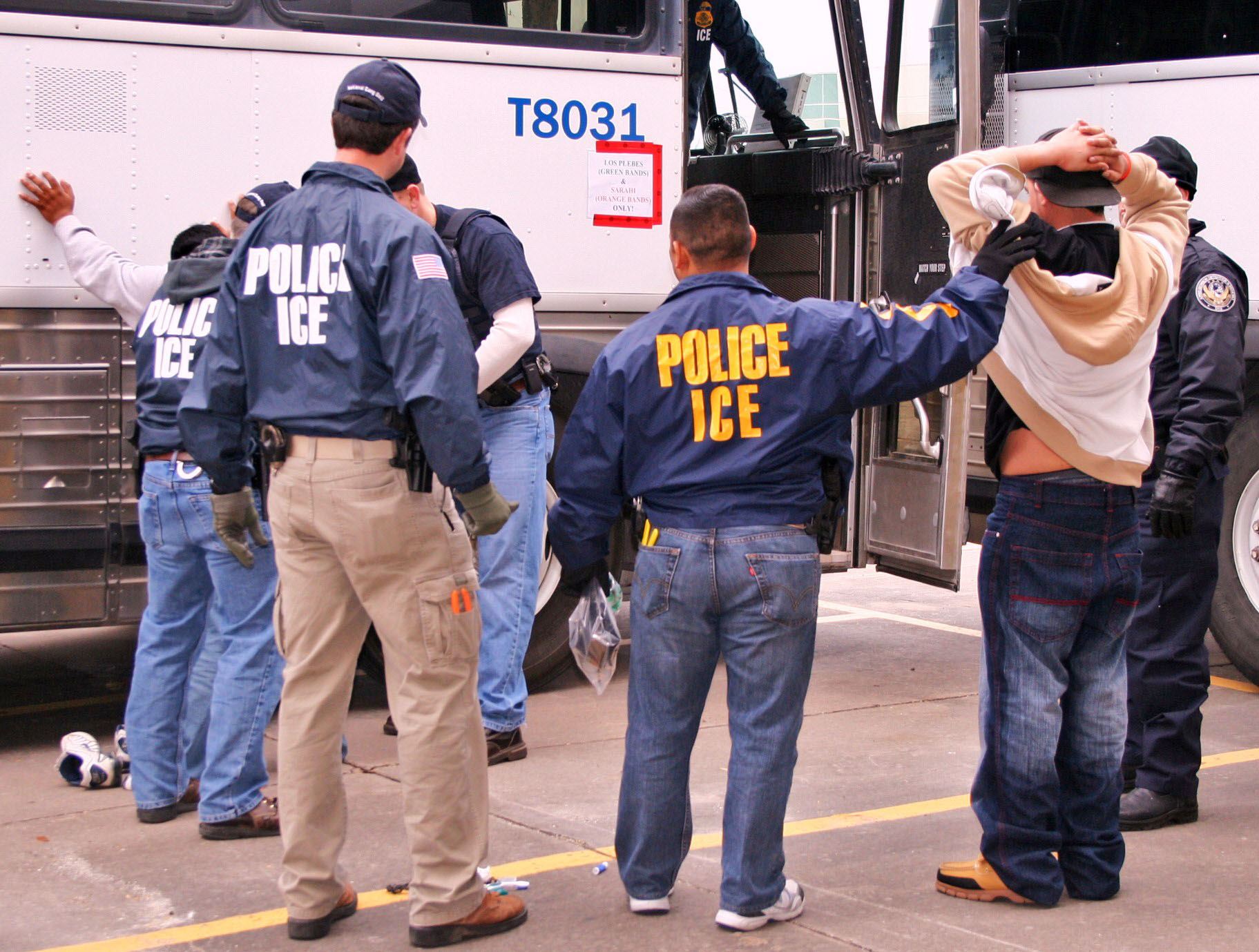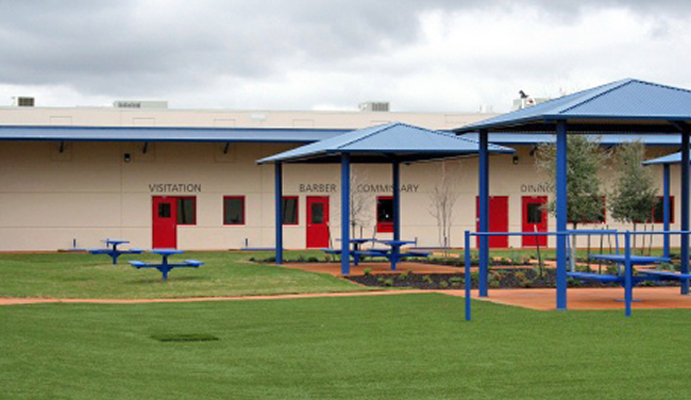
In a recent press release, Department of Homeland Security Secretary Jeh Johnson said that detention policies will be eased when it comes to families with children. After visiting numerous “family residential centers,” DHS concluded that once a family has established eligibility for asylum, and poses no threat to the United States, long-term detention is an inefficient use of resources and should be discontinued. Jeh Johnson made good on his promise just last week, when Immigration and Customs Enforcement (ICE) released some 200 Central Americans, mostly women and children, from family-detention centers. The move is part of a sweeping series of changes the agency is making with regard to the detention of families seeking asylum.
Detaining immigrants, especially families and young children, has become a hot-button issue in the U.S., with human-rights advocates pressuring officials to change the policy. Following last summer’s spike in people arriving to the U.S. from Central America, detention was used as a means to discourage migration. The release of 200 women and children is a start, but immigrant-rights activists would like to see a closing of the family-detention centers entirely.
Deportation policies have been eased in other ways in the past year. In June 2014, DHS announced that it was eliminating the Secure Communities initiative – a partnership between local and state jails and prisons to build domestic deportation capacity. Via information sharing, local jails holding immigrants would keep them detained until ICE agents could come pick them up. The initiative also enforced indefinite detention and prioritized the removal of dangerous immigrants with criminal records. The Secure Communities initiative was replaced with the Priority Enforcement Program (PEP), which focuses on convicted criminals. Although the situation has improved, ICE officials continue to deport legal and illegal immigrants, even those who have not committed serious crimes. Detention of families and people with only minor infractions also continues, albeit to a lesser extent.

Some background information is in order:
Deportation can result from one overstaying their U.S. visa designation, committing a crime, immigration raids, and sometimes being pulled over for a traffic violation (with the subsequent discovery of their status). The immigrant can apply for cancellation of removal. If they have a fear for their life because of political or religious persecution, or being targeted as part of a social group, they could also be eligible for asylum in the U.S.
Detention can last for indefinite periods of time as the immigrant awaits their court date. In these situations, there could be a lack of due process in access to legal services, a fair and reasonable trial, and various other protections.
Detention centers, while often rebranded with names like “family residential centers,” have many negative, prison-like qualities. They are overcrowded and it is difficult to maintain privacy. Children are often separated from their parents, and there is an acute risk of sexual harassment and threats from prison staff. Detained immigrants endure long waits, often with no immediate end it sight, and in the process, their lives are disrupted. Instead of living normal lives, working to support themselves, and being productive community members, their time is wasted in detention centers where they lose all access to any type of productive life.
In the past, the immigration debate has excluded deportation and detention issues, but they have nonetheless been used a “political football” between Republicans and Democrats. In fact, deportation and detention have taken the forefront in some 2016 presidential campaigns.
Democratic candidate Hillary Clinton has called for a path to citizenship for the eleven million illegal immigrants living in the U.S. along with constructively addressing detention conditions and issues related to making visas more attainable. Republican presidential candidates generally support stronger border and immigration enforcement, and the exclusion of undocumented immigrants from the citizenship process. There have even been calls to restrict legal immigration. However, senators Lindsey Graham, John McCain, and Republican presidential candidate Jeb Bush are not quite as inflexible as their GOP counterpart, Donald Trump, who was famously quoted calling Mexican immigrants criminals and rapists in a campaign speech last week.
Perhaps instead of political rhetoric and sensationalism, presidential candidates and lawmakers could turn their attention to the several potential policy alternatives to immigrant detention.
Rather than idling in detention centers, immigrants could be released with tracking bracelets. Many experts have already proposed such a strategy, which could include a reporting requirement whereby immigrants check in with immigration officers on a monthly basis. Another option is to encourage agreements between religious immigrants and their respective institutions. Religious officials, who have close relationships with an immigrant, could relay necessary information and updates to immigration authorities. In fact, the only reason such a solution is not an option in the current political climate is because of the risk of detention and deportation; if detention policy was reformed to be less antithetical and retributive, and more restorative, than immigrants and their families would feel more inclined to cooperate.
The detention of non-criminals in dangerous facilities is inhumane, and clearly, not effective as a deterrent to quell illegal immigration. It is a waste of public resources to house and feed low priority immigrants, who could easily be contributing in their communities, and ultimately being a net-positive addition to the American workforce. Instead of treating immigrants, the vast majority of whom entered the United States in attempts to be productive, stand-up citizens, like criminals, perhaps we need to change our entire understanding of the idea of illegal immigration. Without intellectually decriminalizing illegal immigration, the policy changes needed to reform detention will never materialize.
